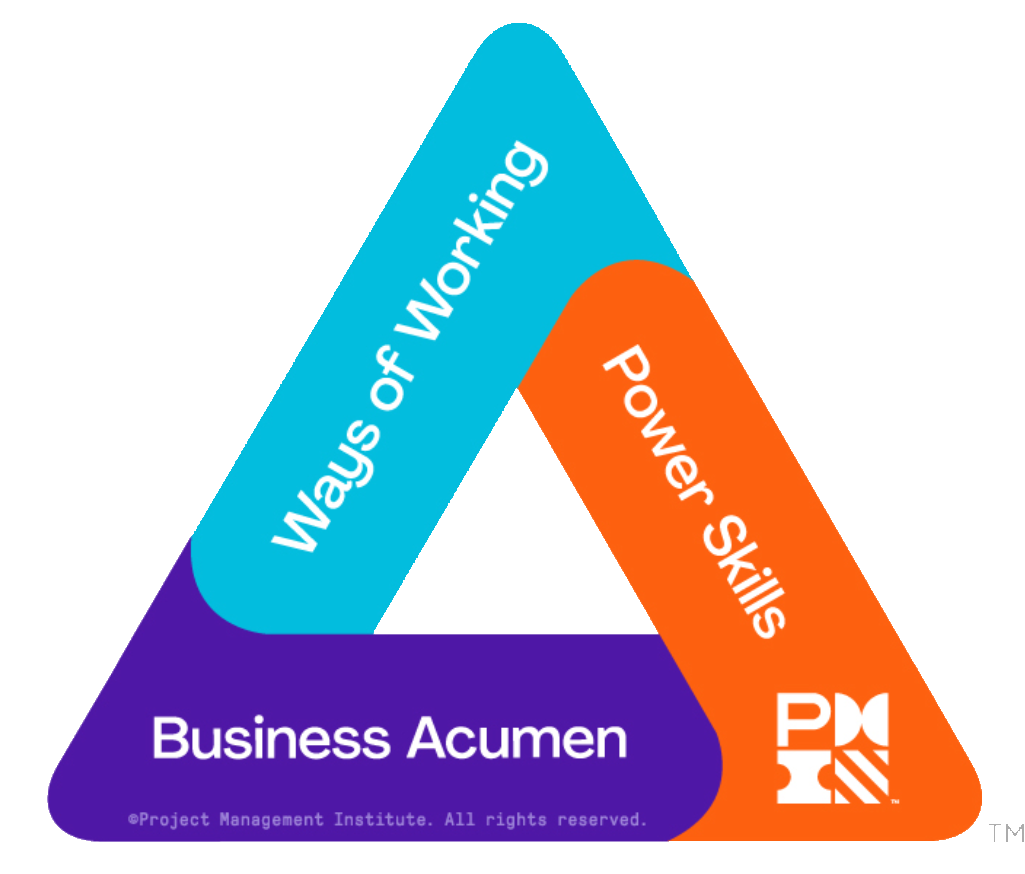
Your wallet is empty but you still need to reward your employees or project team members? Check out these eight morale boosters to show you care!
With a tight budget, how do you keep morale high? This is not a new problem – it is something with which managers have perennially struggled; in fact, we can trace this problem – and creative solutions to it – all the way back to projects like the construction of the Giza Pyramid and the Roman Colosseum.
Over the course of time, different reward systems have been used successfully to motivate individuals and teams to deliver projects. For example, the French Panama Canal Project (1882-1888) chose the wrong reward system that ended up bankrupting the project while only achieving meager results. Later, the U.S.A. learned many lessons from this project failure, and took a very different approach in setting up a reward system which resulted in the successful completion the project in 1914.
In another famous example, the U.S. Transcontinental Railroad Construction Project ran very quickly into trouble and looked doomed to fail when spiraling costs got out of control. When the right reward systems were then put in place, however, the project turned around to become one of the most successful projects of the 19th Century.
In these economically-challenged times, the use of rewards might seem extravagant — but building team morale is even more important in tough times! Nevertheless, even the best reward ideas can fall flat if they aren't suitable to the person, the organization, the situation or the magnitude of the accomplishment.
In this one-day workshop, learn four key factors that will maximize the impact of your rewards, and secrets of the best managers that will guarantee delighted recipients. Historical case studies will be used to illustrate the key lessons and bring the topic to life.
If you don’t have a rewards budget, don’t worry – managers have been solving this problem in creative ways for thousands of years. Learn both modern and ancient techniques that still apply today – for example, see how cash-strapped medieval managers motivated teams of people building some of the world’s most celebrated buildings. Step-up your team's morale with non-monetary rewards and others costing less than $20!
Participants will gain practical skills to:
There are no prerequisites, this is a stand-alone course.
You will receive an in-class workbook containing copies of the presentation materials and a copy of the book 101 Ways to Reward Team Members for $20 (or Less!).
Introduction
Controversies Surrounding Rewarding
Choosing the Right Reward
| Delivering a Reward Successfully
Individual vs. Team Rewards
Reward Mixes and Programme Design
Categories of Rewards and Reward Ideas Wrap Up
|
Course ID: 4301
Course Level: Beginner
Duration: 1 day
Sessions not found.
 The following table provides the breakdown of the professional development units (PDUs) for this course aligned with the PMI Talent TriangleTM.
The following table provides the breakdown of the professional development units (PDUs) for this course aligned with the PMI Talent TriangleTM.
| WoW | PS | BA | |
| PMP | 0 | 6.5 | 0.5 |
| PgMP | 0 | 6.5 | 0.5 |
| PfMP | 0 | 6.5 | 0.5 |
| PMI-ACP | 0 | 6.5 | 0.5 |
| PMI-SP | 0 | 6.5 | 0.5 |
| PMI-RMP | 0 | 6.5 | 0.5 |
| PMI-PBA | 0 | 6.5 | 0.5 |
The three columns in the above table are Ways of Working, Power Skills & Business Acumen.
Other professional (re)certification credits are available, including: